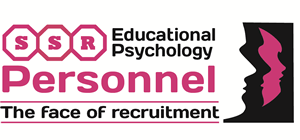Many are employed by local authorities and work within schools, colleges, and other educational settings, to carry out assessments. An educational psychologist can work directly with children to assess their progress. They may also collaborate with parents’ teachers and other professionals as an indirect way to assess a child. A variety of test materials and interventions are used to provide recommendations that are best for the child.
Direct work involves some form of assessment, through consultation with professional peers, observation, interviews, or the use of test materials to uncover problems with the child. Interventions can include planning learning programs and collaboration with teachers. Recommendations are made to determine the best educational product for each child.
